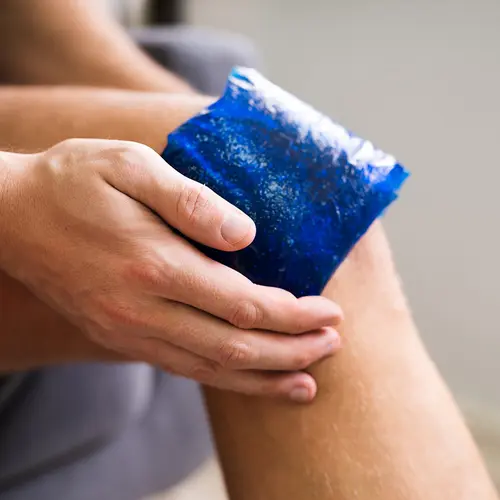If you have psoriatic arthritis (PsA), you know it isn’t just tough on the body; it also takes a toll on your emotions. In fact, depression often goes hand in hand with this disease. You’re more than twice as likely to become depressed than someone who has psoriasis alone.
Most people who have PsA also have psoriasis. And some doctors believe certain factors that cause inflammation in psoriasis may also cause depression. Pain and trouble getting around, which are common with PsA, are also linked with depression.
But there’s a lot you can do to feel better. Different types of psychotherapy can help, with or without antidepressants. And research shows that exercise -- like regular walks -- can ease depression and improve your physical symptoms.
Not sure if you’re depressed? Your answers to these questions can help you know:
Do You Have Any of These Symptoms of Depression?
Depression isn’t the same as the blues. You may be sad often and also feel:
- A lack of interest in things you used to enjoy
- Guilty or worthless
- Hopeless or down about life
- More or less hungry than usual
- Persistent aches and pains
- Restless
- Tired or like you have low energy
These are just some of the most common symptoms. Thoughts of death or suicide are major red flags. Call your doctor if you’re having these thoughts. Call 911, the suicide and crisis lifeline (988), or go to the ER right away if you’re in crisis or are about to act on them.
How Often Is Your Mood Low?
Bummed out this week because you’re having a flare? Chances are, that isn’t depression. But if your symptoms (low mood plus others) last most of the day almost every day for two weeks or more, that probably is.
Even if you have “classic” signs of depression, you still may not be clinically depressed. That’s because some PsA symptoms, like fatigue and aches, pains, or joint stiffness, are also common in depression. A doctor can help figure out what’s really going on.
Are You Out of Work?
If so, you’re more likely to be depressed. Unemployment can lead to money worries and increased stress, but a job has value beyond a paycheck. It provides opportunities for social experiences, which play a key role in well-being.
Sometimes the pain and fatigue that come with psoriatic arthritis make it hard to work a regular job. One way to reduce the strain is to talk to your employer about simple ways to make you more comfortable. If this isn’t possible, consider volunteer work once in a while. It won’t boost your bank account, but it’s good for both body and mind.
Is Your PsA Under Control?
Getting the right medical treatment for PsA is important. Not only can it slow or stop permanent joint damage, but it also helps relieve swelling and pain.
Need another reason to make disease control a top priority? When you have swollen or painful joints or visible signs of psoriasis, you may be more likely to have symptoms of depression. If you have moderate to severe psoriasis, drugs that target your immune system may also help your depression. Ask your doctor if they might be right for you.
On the flip side, depression -- and its siblings, stress and anxiety -- can cause PsA symptoms to flare. So be sure to tell your doctor about your emotional symptoms as well as your physical ones. Whether you need medicine, advice to manage stress, a “prescription” to exercise, or all of these, odds are good that the right treatment for one condition will improve the symptoms of both.

